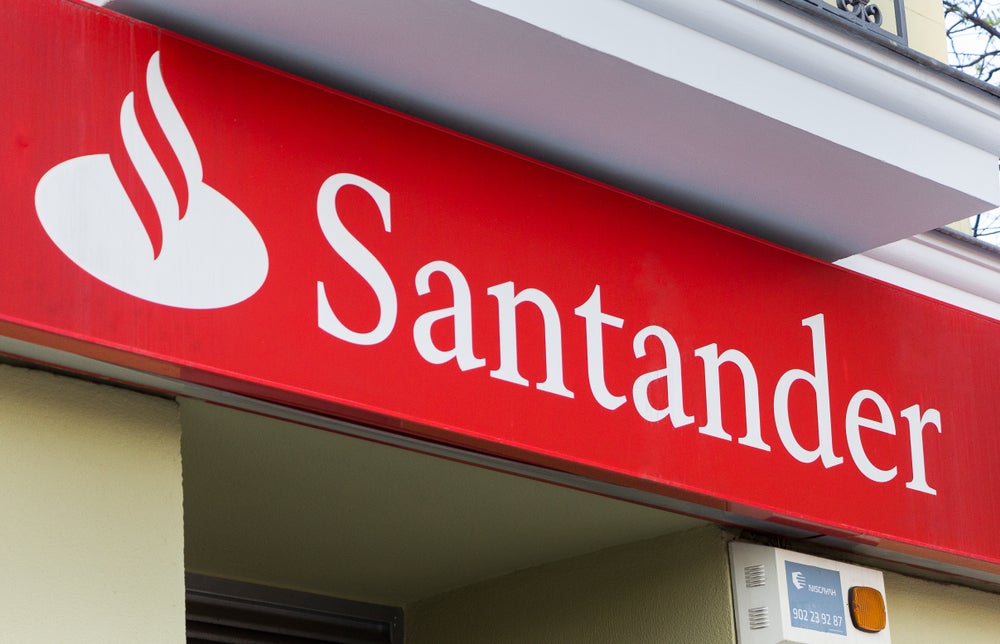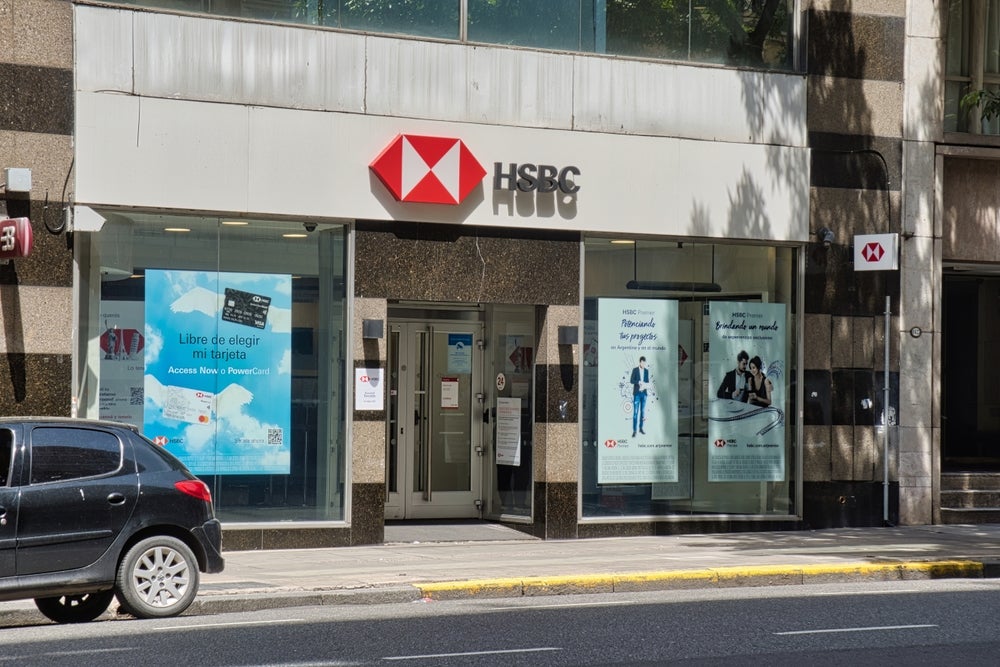The past few years have seen Swiss wealth managers shy away from the US market. But a comprehensive rulebook to date, has transformed the market to allow business to once again be done. For those with longevity, commitment and contacts the prospects are very good indeed.
The Swiss/ US standoff stems from the close scrutiny given to clients keeping assets offshore by US authorities. It culminated in 2008 when UBS received a fine of US$780 million for providing banking services to US clients with undeclared accounts.
Bank Wegelin, Switzerland’s oldest bank, was another target. It closed its doors earlier this year, having agreed to pay a $57.8m fine.
Stephen Wall, analyst at research group Aite, says: "When the IRS won the UBS case they then knew that they could go after anyone else too. Consequently anyone who wants to service US clients must operate within the law of the US, as well as the wealth manager’s own country. The old offshore model is dead and that anyone wanting to serve the huge US market must be open, transparent and fully compliant."
The initial reaction from Swiss wealth managers was to step back and consider the business case for continuing to operate within the confines of a strict regulatory environment. But things have now moved on and the positive outcome is a market full of potential with few ‘known unknowns’when it comes to operational requirements.
Jochen Vogler, executive director at Swiss wealth management group Bellecapital International, says: "From a Swiss perspective we think that the US market is being reshaped. The very positive aspect about the US is that its increased level of regulation has led to a refreshing clarity over the legal requirements that need to be followed. This means advisors can actively pursue business and have a concise playbook by which to organise themselves."
Volger believes client service, competitive pricing, and attractive risk-adjusted investment performance will now come to the forefront of the client acquisition process.
How well do you really know your competitors?
Access the most comprehensive Company Profiles on the market, powered by GlobalData. Save hours of research. Gain competitive edge.

Thank you!
Your download email will arrive shortly
Not ready to buy yet? Download a free sample
We are confident about the unique quality of our Company Profiles. However, we want you to make the most beneficial decision for your business, so we offer a free sample that you can download by submitting the below form
By GlobalDataIndeed, although the cost of compliance is high, the US is full of opportunity. The 2012 CapGemini report said there were 3.7m wealthy individuals with $12.7t of wealth in North America, up 11.7% in 2012. Figures by Boston Consulting, in its 2013 Global Asset Management report, suggested that private wealth would grow to $48.0tr by 2017 but that half of this would come from new wealth.
Onshore
A lot of the potential comes from the onshore market, which is largely untapped by international advisors to date. A growth in international outlook by this group will serve Swiss advisors well.
Vogler says: "Wealthy domestic US investors, that until recently had little or no international interest, are an interesting future clientele. They are slowly beginning to look further afield and realize that their overall portfolio allocation and risk management may benefit greatly from international diversification. It is a slow process due to the well-established home bias of both domestic investors and their advisors."
Secondly, the US onshore market has an asset protection angle that has much to do with capital preservation (as opposed to creation or growth).
Dominique J. Spillmann, CEO at Swiss Partners Advisers, says: "The clients’ interest in global diversification in terms of currency and assets often goes hand in hand with considerations over asset protection. The European wealth management culture is historically much more geared towards capital preservation than the US and there is also the advantage of being able to ring-fence assets with suitable asset protection structures."
Offshore
The offshore potential is also good. Here globalization and an international lifestyle means that an increasing number of wealthy individuals or families have some sort of US exposure, requiring specialist advice and structuring; either before the exposure to the US has occurred or on an ongoing basis but most importantly ensuring that the individual or family is structured in such a way as to be both efficient and compliant.
Yann Rousset, investment advisor at UK-headquartered MASECO Private Wealth, explains: "Even if just one member of an extended family has exposure to the US authorities there are huge repercussions. This is a big growth area and national tax systems are inherently at odds with globally mobile family networks."
Spillmann believes that for non-US resident individuals or families with either a single or a number of touch points with the US, then the key is to capture them and conduct as much pre planning as possible. "In that particular business it is all about having a robust team of legal- and investment experts to be able to keep assets in the most efficiently structured way possible. Once they qualify as taxable assets in the US, then it is about minimizing tax exposure by investing into suitable securities and knowing US tax law in order to optimize short-term and long-term capital gains and -income tax consequences," he says.
US exposure for trustees is also something that Swiss advisors can help with; governing offshore trusts with US beneficiaries is becoming more difficult and so again expertise surrounding regulatory, tax and counterparty risks is valuable and Switzerland has a long history of doing just that.
Vogler says: "Trustees are bound by their fiduciary responsibilities to find the best solutions for their trust clients, which includes a specific skill set and regulatory knowledge for their US-connected clients. There is a noticeable shortage of this relevant knowledge and expertise at the present time."
It is no surprise then that after the initial standoff, so many firms have sought to become SEC registered and compliant. Wall comments: "When UBS was indicted only four major players had SEC registration but now the number is in the mid-30s."
He says the seven banks with active SEC units in Switzerland are: UBS Swiss Financial Advisors, Pictet North American Advisors, Vontobel Swiss Wealth Advisors, Kaiser Partner Financial Advisors, RBC Investment Advisers, Reyl Overseas, and Syz Swiss Advisors.
"The other 27 registered firms are mostly independent asset managers with a handful of multi-family offices. In terms of future growth, it is the IAMs that are more commercial."
But being successful when it comes to the US market is about much more than SEC registration. Indeed arguably the door is already closed to those without the expertise, cultural understanding and connections that longevity within a market brings.
And the relatively high cost of doing business in Switzerland was never solely about banking secrecy. The cost of business, the reliability of the country’s financial system, the superior service levels and the like also command a premium, according to Rousset.
He believes that going forward these elements will remain but attention will be much more focused on performance and planning.Rousset explains: "SEC registration is really just the tip of the iceberg. Obviously without it a wealth manager cannot advise US-domiciled clients compliantly but the new challenge is how to provide performance that is net of tax. Without that it is nigh on impossible to justify a fee to clients and so capturing and retaining becomes a real issue."
In essence the skill set is twofold: the right investments and the ongoing tax planning to reduce the tax bill and so maximize the net return.
The dual challenges of tax efficiency and net investment returns become even more important in a global context. Rousset says it is only a matter of time before the EU replicates FATCA. "Being able to respond to new regulation as well as having a good reporting capability when it comes to things like withholding tax is essential going forward," he says.
Custody and admin are another value added in a reporting and independence context. Although the client selects his or her own custodian the advisor can help add appropriate insight.
"Because of our long-lasting relationship and the size of assets we have with those banks, we can offer our clients custody fees that are deeply discounted. Getting access to good custodian banks at fair prices is not easy today," says Spillmann.
Such agility, when it comes to providing a tailored service, is one reason why the independent asset managers are outnumbering the private banks. Since 2008 the wealth management client base seems to be generally distrustful or large institutions and has tired of their tendency to streamline and tendency to push out in-house products.
Vogler says: "The strategic advantage of being smaller is that it allows for a better tailoring and a more hands on relationship and personal approach. Flexibility and independence are a winning duo."
But is the US market open only to the Swiss or do other centres also hold the requisite amount of expertise and knowledge?
Certainly London would be a good bet, culturally, but it tends to look more to the institutional market. Hong Kong and Singapore too,could be contenders but are currently considered to be more commercial than retail centres.
Rousset comments: "Switzerland has first mover advantage and a long history of quality when it comes to responding to the needs of wealthy individuals and families."
Ultimately the UBS case was the beginning of a speedy and harsh process where both client and provider had to then weigh up the benefits. But what is now coming to the fore is that those with longevity in the market are very well placed to be leaders going forwards."
Wall agrees: "Now is a good time for Swiss advisors to get in there and become dominant – they can mop up where others have pulled out, get in there before other jurisdictions are up to speed with the SEC, get ahead on US expats who are now touched by FATCA and also look at the onshore market as well as others who have been caught in the US tax net."







